Russia mulls buying $70bn in yuan, other ‘friendly’ FX to stem ruble's surge
Russia is reportedly weighing a plan to buy up to $70 billion in the Chinese yuan and other "friendly" currencies this year to stem the ruble's sharp surge amid Western sanctions against Moscow over its military operation in Ukraine.
The ambitious plan gained initial support at a special “strategic” planning meeting of the top Russian government and central bank officials on August 30, according to Bloomberg, citing people familiar with the deliberations.
“In the new situation, accumulating liquid foreign exchange reserves for future crises is extremely difficult and not expedient," the report stated.
The move comes after the Kremlin’s years-long policy of containing spending and saving hundreds of billions in dollars, euros, and other foreign currencies as a cushion to insulate the Russian economy from the shocks of oil prices.
“The frozen $300 billion were of no help to Russia; on the contrary, they became vulnerability and a symbol of missed opportunities,” the report said, adding that saving that money “is a direct reduction of investments in Russia in favor of investments in other countries.”
Bloomberg said in the short term, with earnings from exports of oil and gas flooding in and driving the current account surplus to a record this year and pushing the ruble higher, the proposal calls for spending 4.4 trillion rubles ($70 billion) to buy the currencies of “friendly” countries, mostly yuan.
Before the start of the Russian military operation in Ukraine in late February, Moscow had steadily increased its yuan investments as part of its diversification campaign, becoming one of the largest holders of reserves in the Chinese currency in the world.
“Yuan holdings could reach $180 billion, including unspecified additional purchases made this year,” the Bloomberg report noted.
“The central bank stopped reporting the currency breakdown of reserves after the sanctions were imposed. On January 1, it said the yuan accounted for 17.1% of its holdings, which works out to be just over $100 billion," it added.
Russia launched a military operation in Ukraine on February 24, following Kiev’s failure to implement the terms of the Minsk agreements and Moscow’s recognition of the breakaway regions of Donetsk and Luhansk.
At the time, Russian President Vladimir Putin said one of the goals of what he called a “special military operation” was to “de-Nazify” Ukraine.
Back in 2014, the twin republics broke away from Ukraine, refusing to recognize a Western-backed Ukrainian government that had overthrown a democratically-elected pro-Russia administration.
Putin said the mission was aimed at “defending people who for eight years are suffering persecution and genocide by the Kiev regime.”
Since the onset of the operation, the United States and its European allies have supplied billions of dollars worth of weaponry to Ukraine and imposed unprecedented sanctions on Moscow, despite Russia’s repeated warnings that it will only prolong the war.
Last week, US President Joe Biden announced nearly $3 billion in new military assistance to Ukraine, including anti-aircraft missiles, artillery, counter-drone defenses and radar equipment, bringing the total US military aid under the Biden administration to over $13 billion.
The Biden administration is set to announce more military aid for Ukraine, White House national security spokesman John Kirby said on Wednesday.
"There will be announcements of future security assistance in coming days," Kirby said at a news briefing.
India’s Modi visits occupied territories to deepen ties with Israel despite Gaza genocide
Araghchi says ‘fair and balanced’ deal within reach ahead of Geneva talks
VIDEO | Trump’s 2026 State of the Union speech bellicose, short on policy
Iran’s president sees 'good outlook' for nuclear talks with US
Peter Mandelson suspected of misconduct in public office as UK envoy to US
Iran's foreign minister leaves for Geneva for third round of US talks
Iran dismantles foreign-backed terror network in Southeast
VIDEO | Press TV's news headlines


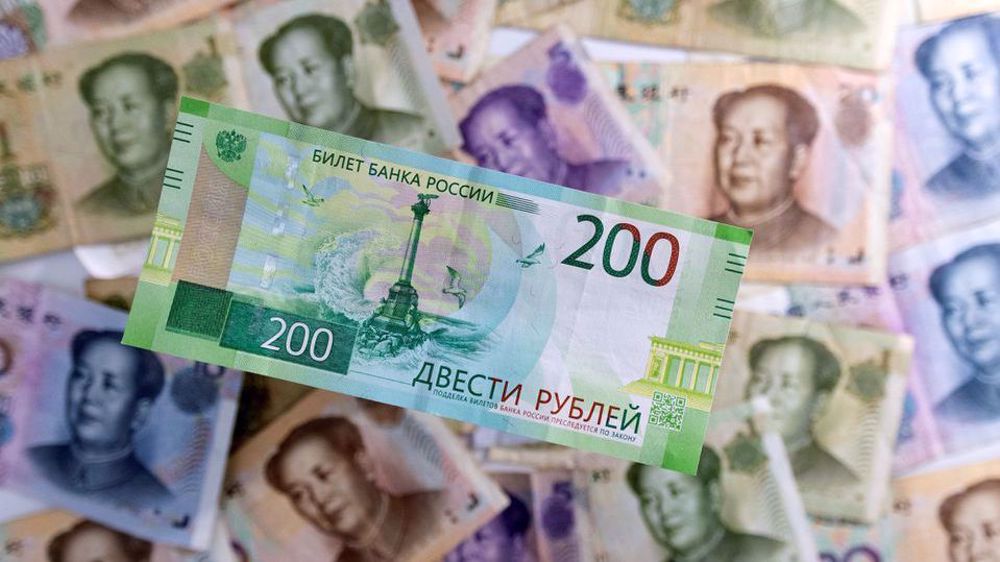

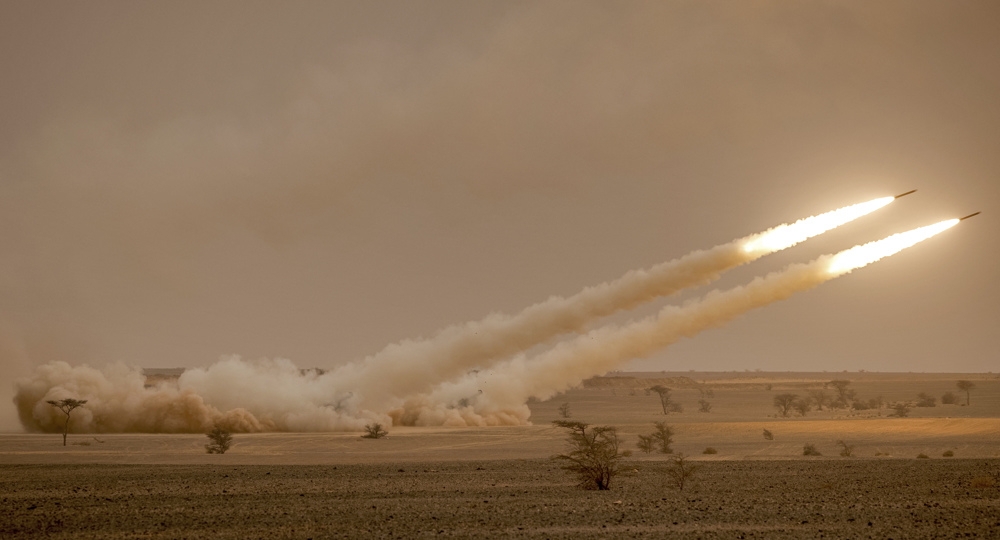
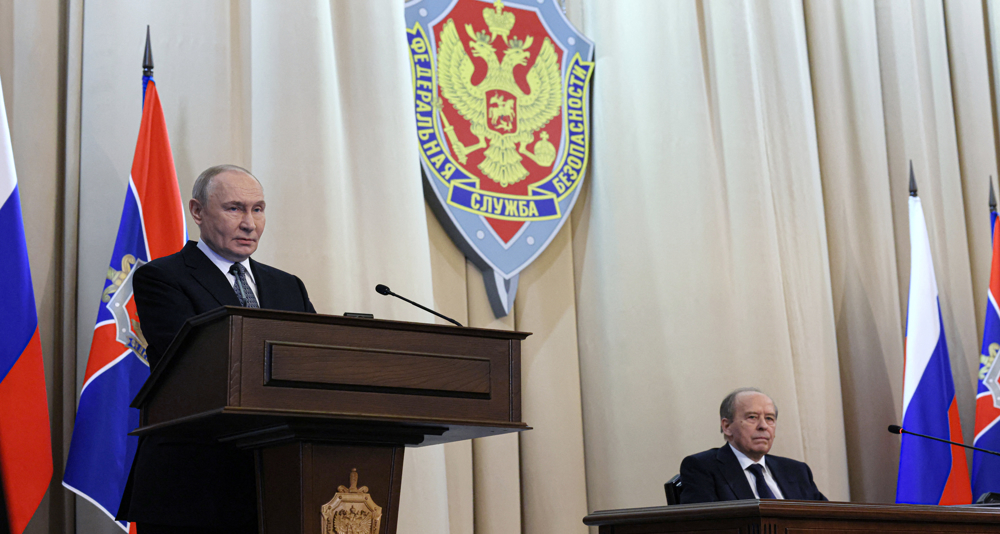
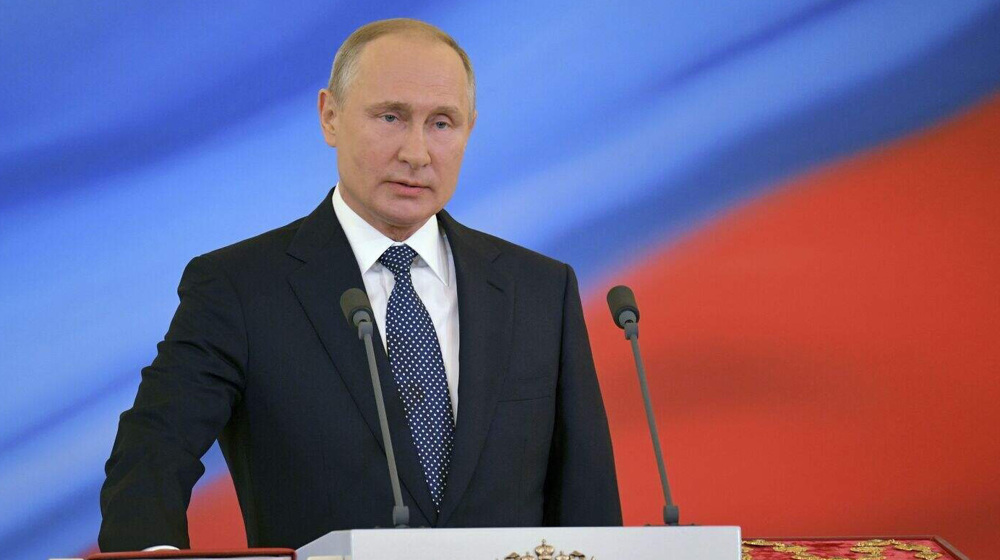
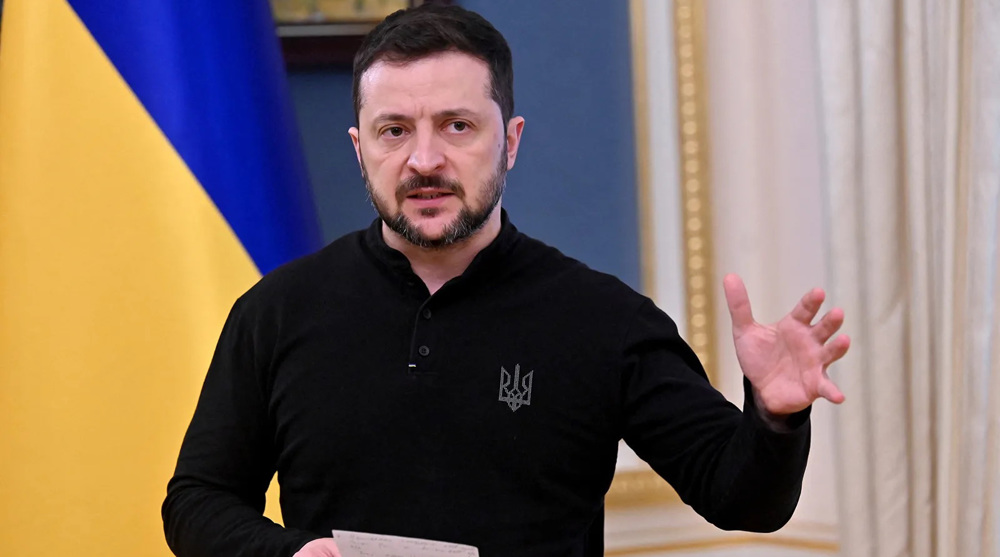




 This makes it easy to access the Press TV website
This makes it easy to access the Press TV website